Philip Glass: Satyagraha at the London Coliseum
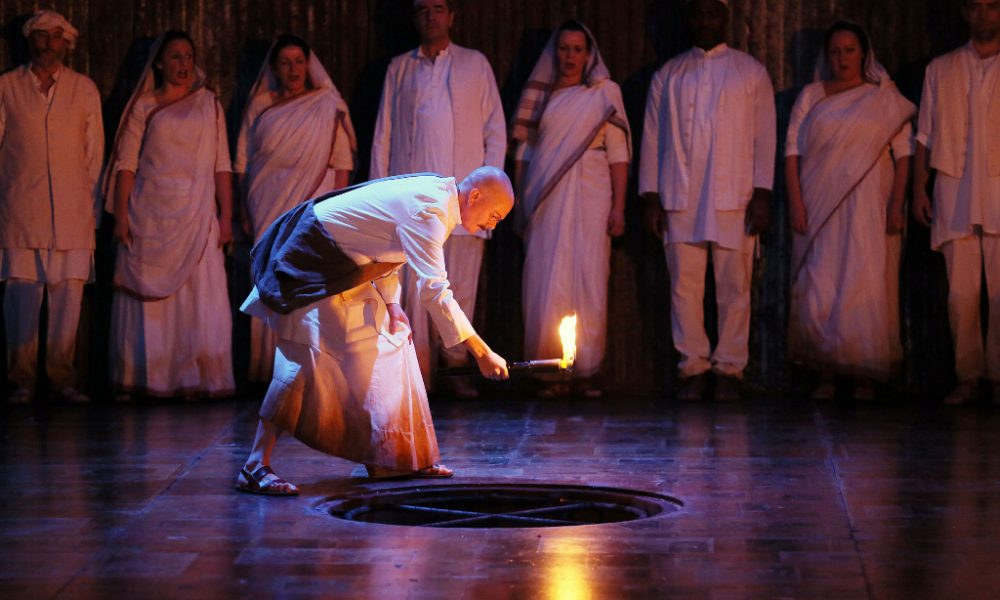
“Hold pleasure and pain, profit and loss, victory and defeat to be the same: then brace yourself for the fight. So will you bring no evil on yourself.” – Gandhi, Satyagraha
The teachings of Gandhi and his philosophy of nonviolent resistance have influenced thinkers and leaders for decades. “Satyargraha” means “holding on to truth”, and the word came to epitomise the activist’s notion of individual and collective action to resist injustice and inequality. The idea caught the imagination of the minimalist composer Philip Glass in the 1980s, who wrote this non-linear operatic meditation on the early years of Gandhi in South Africa.
Watching the opera is a strange experience unlike any other. The libretto is sung entirely in Sanskrit without surtitles, the only guidance being occasional English quotations projected onto the scenery. These quotations, which are fragments of translations from the libretto, don’t provide much practical guidance to the plot, but are instead philosophical musings that add to the atmospheric sense rather than the narrative meaning of the scene.
There are inexhaustible layers of meaning and experience to uncover here. To get a full sense of the opera one would have to watch it again and again. This production would undoubtedly stand up to such scrutiny; it works equally well whether theatregoers have read the extensive programme notes, or whether they are coming at it blind as a powerful musical and visual experience.
Glass’s score is typically repetitive with tiny variations. At first if can feel slightly chafing, but the music quickly gets under your skin, creating an inescapable soundworld. By the end of Act I, where there is an extraordinary and beautifully executed performance by the chorus, the experience is intensely meditative.
British tenor Toby Spence takes on the star role of Gandhi for the first time in this revival of the 2007 production. His voice is perfectly suited to this difficult part, and his presence on stage is both powerful and reassuring, recalling Gandhi’s position as both figurehead and philosopher. The other principals are also cast strongly, their voices blending beautifully in the many scenes where they perform together.
The production is directed by Phelim McDermott and designed by Julian Crouch, co-founders of innovative theatre company Improbable, whose actors work around the singers to create an immersive and visually striking environment. Innovative scenery and puppetry are used to great effect, always in harmony with the singers and Glass’s score. In one particularly powerful scene, figures walk repeatedly across the stage unfurling rolls of sticky tape to make a translucent, shimmering barrier, the creak of the tape dispensers and the tread of the actors’ footsteps adding to the soundscape being created by the orchestra and the principals at the front of the stage.
When this production opened for its UK premiere in 2007, it broke box office records and became the most popular contemporary work to be performed by the ENO. Although a three-hour opera about Gandhi doesn’t seem like the most obvious choice, when you’ve seen it you can understand its popularity. This is an opera to get lost in.
Anna Souter
Photos: Donald Cooper
Satyagraha is at the London Coliseum from 1st until 27th February 2018. Book your tickets here.
Watch the trailer for Satyagraha here:



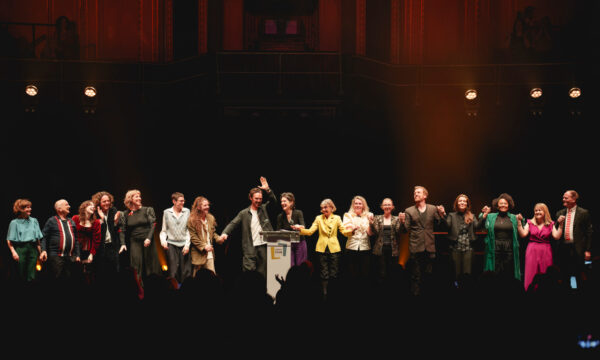
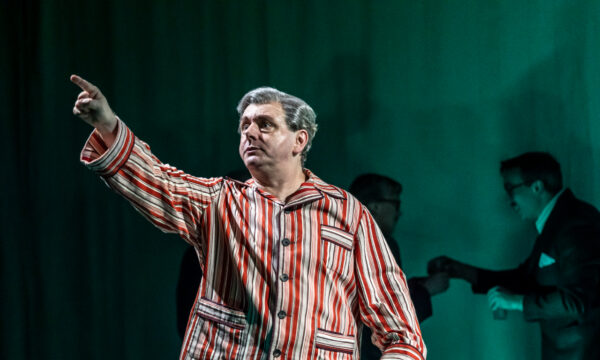
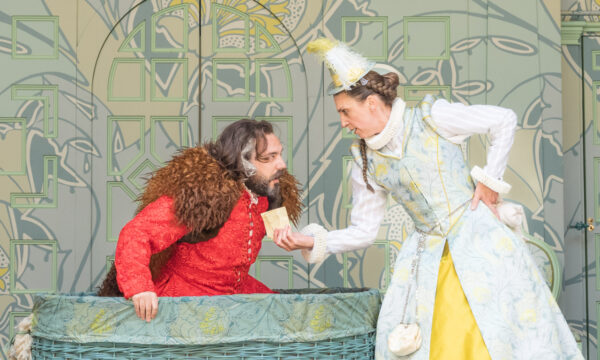
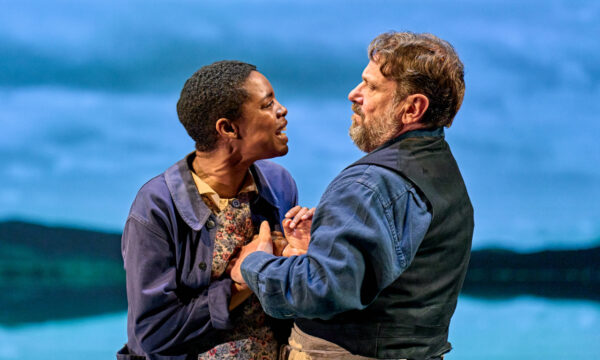
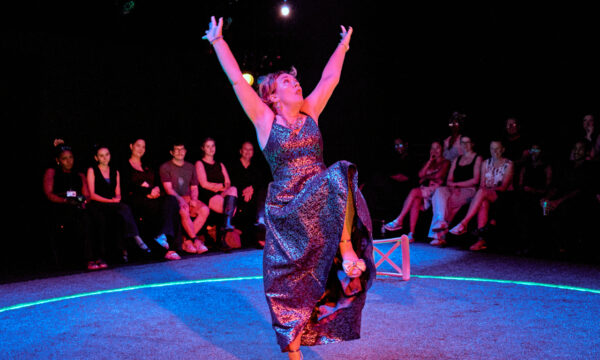
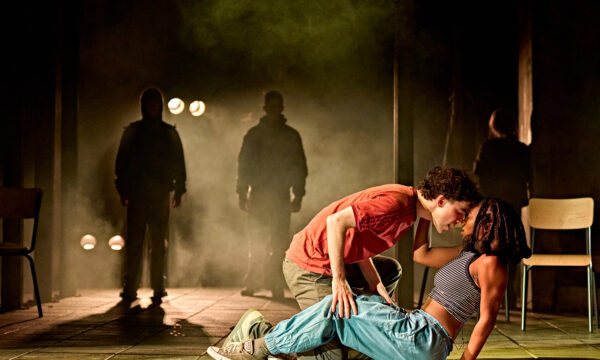
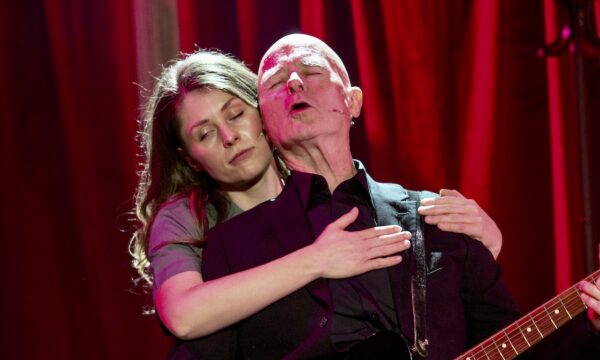
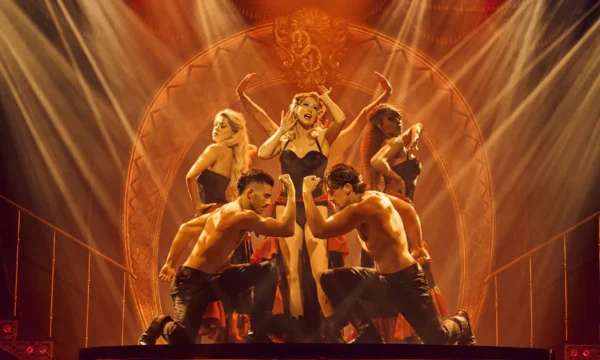
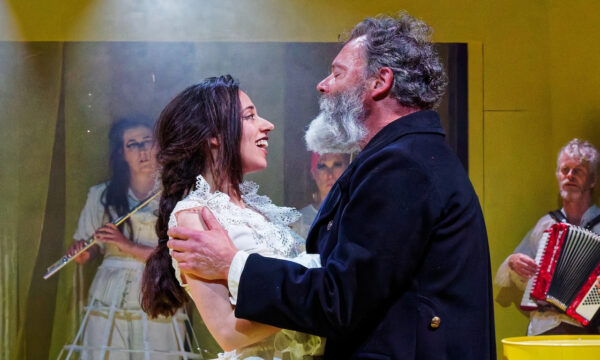
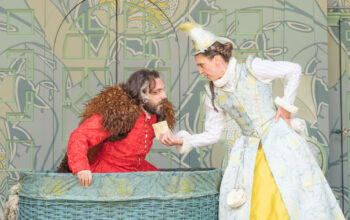
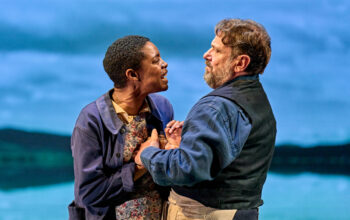
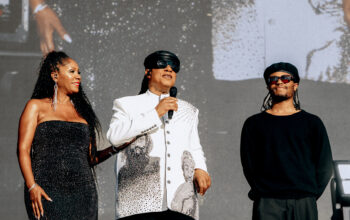

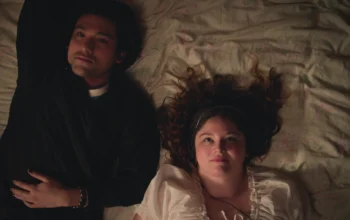
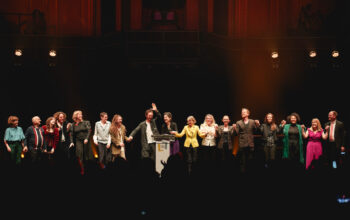



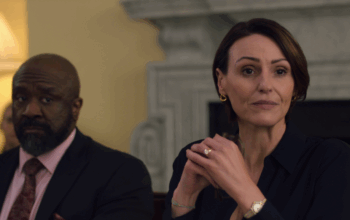





Facebook
Twitter
Instagram
YouTube
RSS